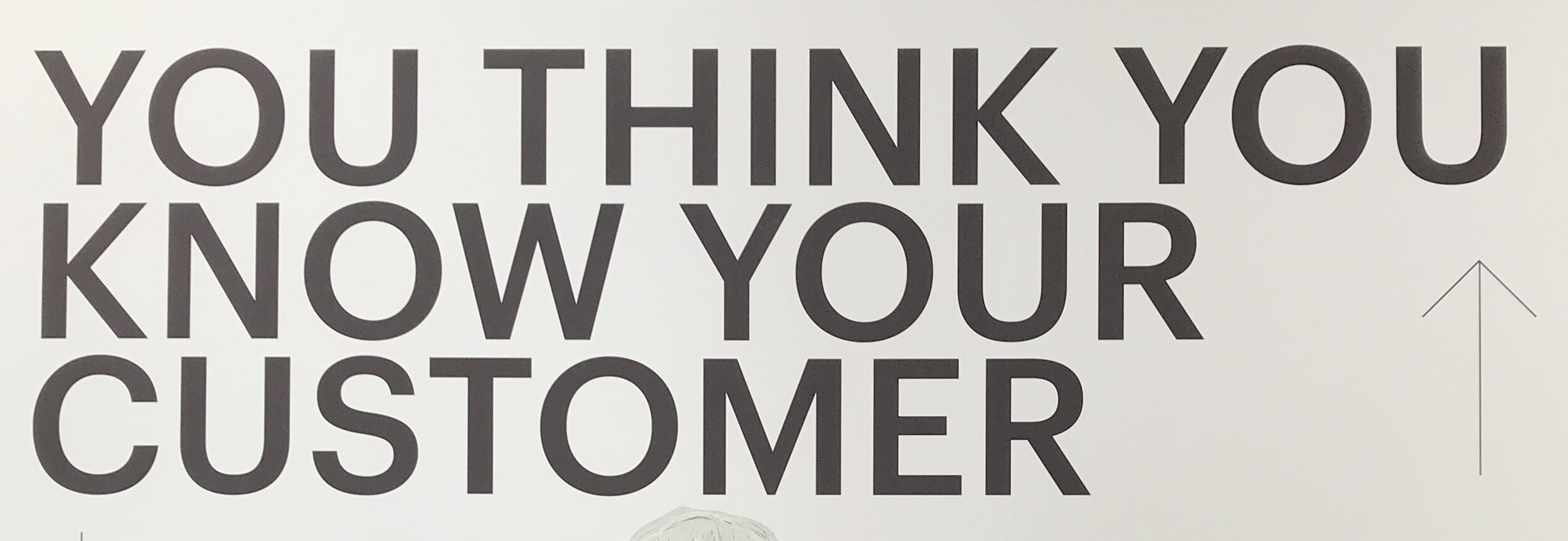I want to encourage you to pay attention to the stories you tell about your brand, as they are the culture of your organisation and as such both create and limit your potential. Many companies position their marketing around benefits and features of their product or service, but how can they make the customer the hero of their story? And why communicating in this way will demonstrate empathy for the customer and is extremely powerful in the long run.
I think that it’s best to focus on strategic outcomes that your clients need, and not talking about yourself, services or offerings as it loses people because it makes you the star of the story and this, in turn, makes the client not the star of their story! We all wake up self-identifying as heroes in our stories, so if I am the hero and meet you at a dinner party and you tell me about yourself, my subconscious mind begins to process you as a hero as well. Sometimes we subconsciously believe that there is a scarcity of resources, so if you are the hero and I am a hero - who’s the best competition begins. In reality, I should be stepping aside as the client is looking for someone to help with their story. It’s OK that another character comes into the story and their purpose is to help the hero win type day. I don’t want to be the hero in your story, I just want your business to succeed and I want to be the character in your story that exists to help the hero win.
In sales, we always want to be the trusted advisor, and you only need two things to be a trusted advisor are trust and advice! And if you don’t have the advice part, then you are not going to be trusted. Every human being has the need for someone to show them the way. A Harvard Professor once told me that I made a great first impression because I showed trust and respect, I was humbled and replied that I was raised to show empathy and authority. In essence I believe that we are saying exactly the same thing.





